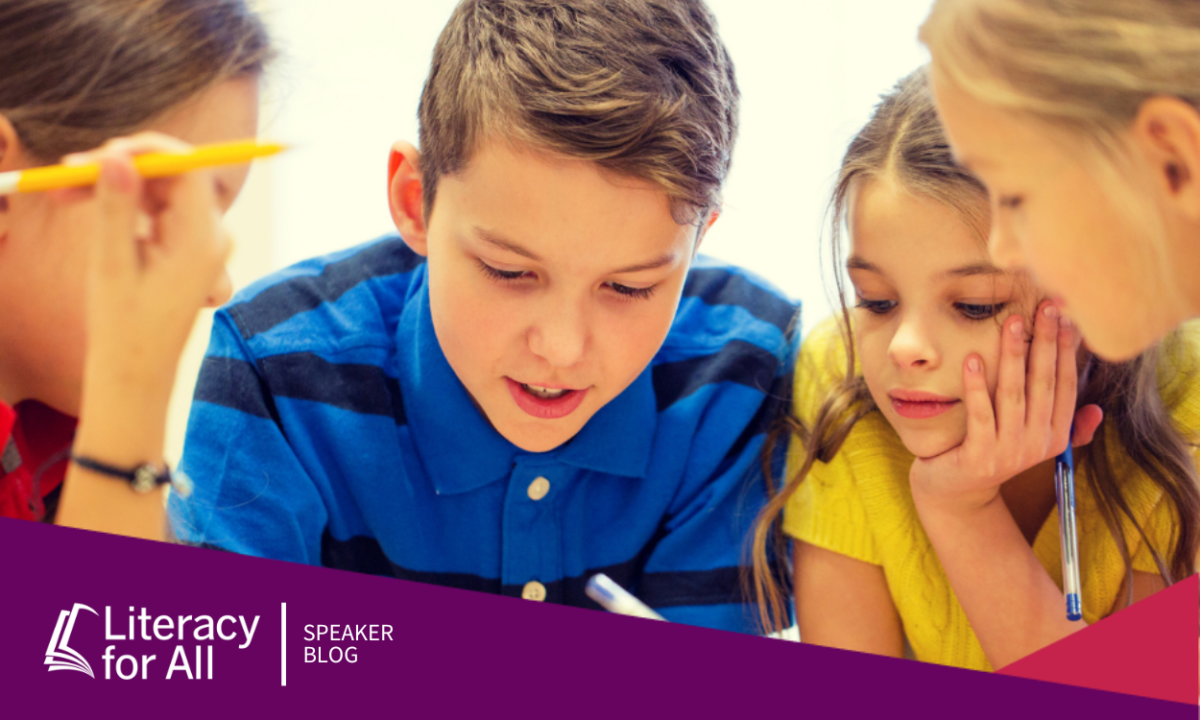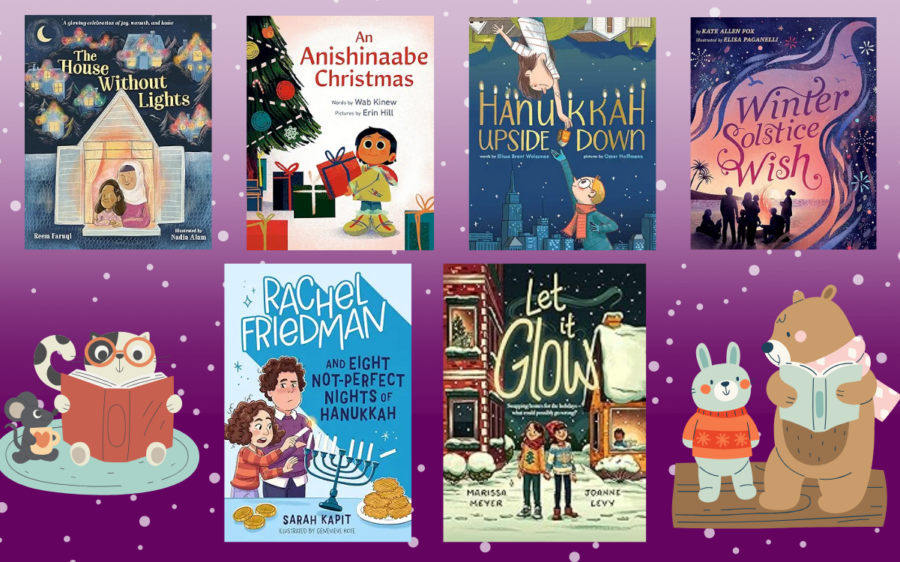Working out with my daughter is rough. Her weights are always too heavy for me, her running pace is too fast, and her ab work lasts too long. If I finish a workout with her (and I usually don’t), I feel frustrated, over-tired, and more like quitting than continuing. And: I adore that girl, want to work out, and understand the importance of physical fitness.
I would imagine many writers I see in elementary classrooms experience similar reactions without the emotional investment or sense of purpose. The writing tasks they face are hard, long, and interminable. Many times, my work in classrooms involves finding pathways and on-roads that welcome students into the world of writing. Just as I can find workouts that are more doable for myself, I can also adjust writing tasks for students.
Know the Standards
My first suggestion involves knowing the standards and learning progressions well. Lev Vygotsky’s work around the Zone of Proximal Development guides my work, and I search for tasks that challenge students, but don’t overwhelm them. By knowing how to level up or level down the task I’m putting in front of students, I can provide a challenge that requires some scaffolding and assistance, but not constant hand-holding and help. When students begin to feel success, they become more willing to take risks and continue along a learning pathway, and I want these frames of mind when I work with young writers.
Offer Different Starting Points
Another strategy I use is offering students different starting points within their writing process. I’ll preface this by saying that I believe in choice, and I want students to recognize the value of their lives and the existence of important stories in those lives. However, sometimes students aren’t able to find those stories. Therefore, unless I give them a story or a topic, they cannot begin to work on their writing skills because they have nothing to write about. Part of my writing instruction toolkit is a series of stories that I can dole out to students when their success might hinge on entering the writing process at a different starting point. A pre-planned story or a set of notes to guide an informational paragraph might be a task they’re willing to try. Writers who are willing to try are much more apt to learn.
Nurture Collaboration
Completing a piece of writing involves stamina, perseverance, and executive functioning, and sometimes —many times– completing a piece of writing involves working on it over several days. Many students haven’t experienced the excitement of completing a piece. In order to combat this issue, I sometimes invite a small group of students, usually three, to write a piece together. One student may write the beginning, one the middle, and one the end of a story they have agreed on and quickly planned. I may have a trio each write a paragraph for an opinion essay or a section for an informational piece. Whoever finishes first writes an introduction and a conclusion. By doing this collaborative writing, they all complete a piece that feels like their own, they hold each other accountable, and the process loses some of its dauntingness.
Writing is a complicated process involving not only transcriptional skills such as spelling, capitalization, and punctuation, but also memory, organization, planning, and fine motor skills. The complexity of the process is confounded by the lack of consistent instruction and practice for many students. Maybe one of these strategies and approaches will be the entry point for inspiring a writer in your classroom, and maybe you’ve tried something else that has worked. Either way, I’d love to hear about it!

Engage and learn with top experts in literacy at the 34th Annual Literacy For All Conference on November 3 & 4!
Attend Melanie’s November 4th presentation, “Inviting Writers Into the Process: Three Strategies for Increasing Access.”
Don’t miss out! Click below to check out our speaker line-up, including our keynote speakers: New York Times Bestselling, Newbery Medal-winning author, Matt de la Peña, and Professor Emeritus, writer, and consultant, Lester Laminack!





